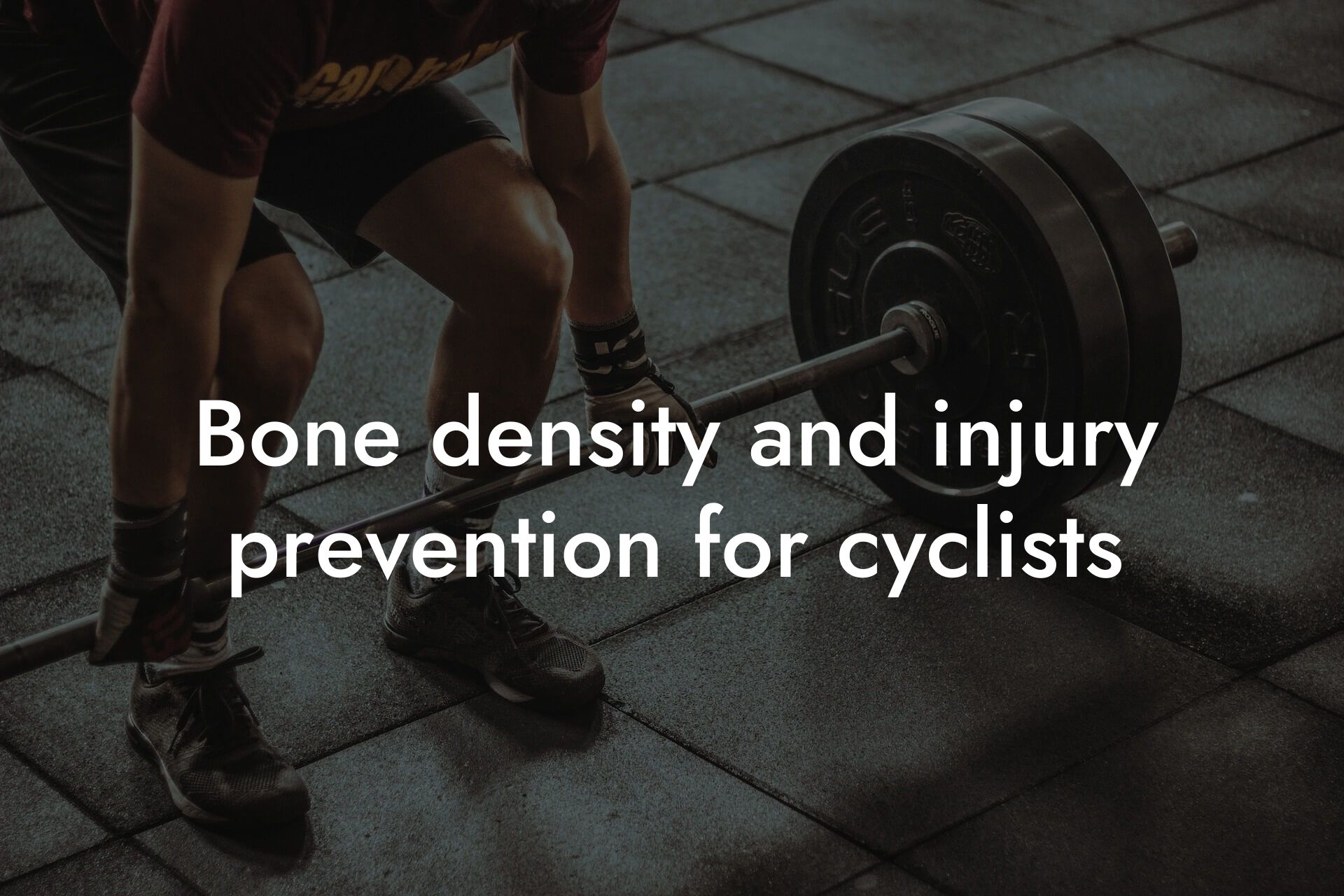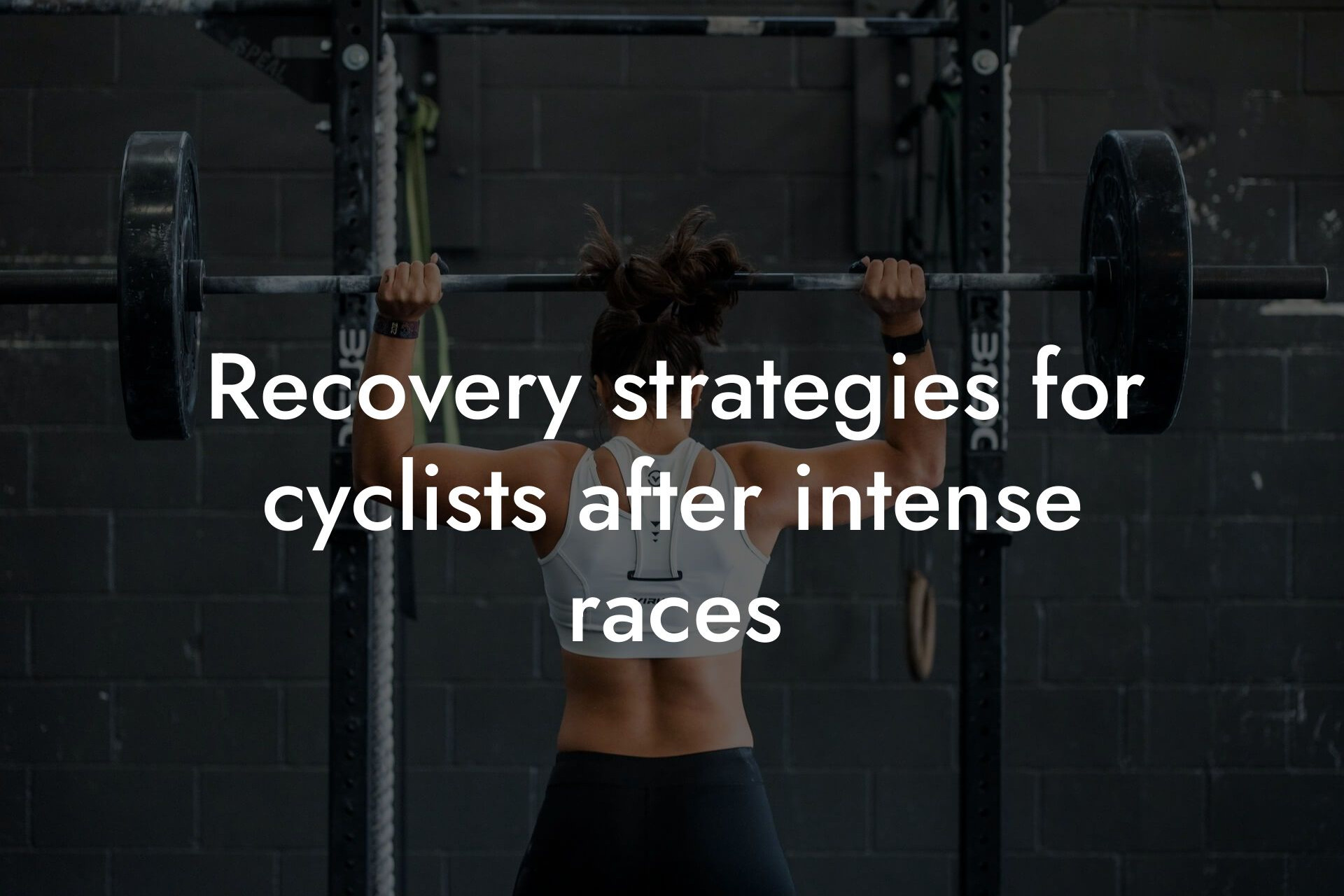As a cyclist, understanding your body composition, bone density, and overall health is crucial for optimizing performance and reducing the risk of injury. One of the most effective ways to gain valuable insights into your body is through Dual-Energy X-ray Absorptiometry (DEXA) scans. At Tano Performance Group, we specialize in providing high-earning professionals with comprehensive body assessments using DEXA technology. In this article, we'll delve into the benefits of using DEXA scans to monitor cyclist health and performance, and explore how this technology can help you take your cycling to the next level.
Table of Contents
What is a DEXA Scan?
A DEXA scan is a non-invasive, low-radiation imaging test that measures bone density, body composition, and fat distribution. During the scan, two X-ray beams with different energy levels are passed through the body, and the absorption of these beams is measured. This information is then used to calculate bone density, lean mass, and fat mass. DEXA scans are commonly used to diagnose osteoporosis, but they also provide valuable insights into body composition, making them an ideal tool for athletes and fitness enthusiasts.
Benefits of DEXA Scans for Cyclists
DEXA scans offer a range of benefits for cyclists, including:
- Accurate body fat percentage measurement: DEXA scans provide a precise measurement of body fat percentage, allowing cyclists to monitor changes in their body composition and optimize their nutrition and training programs.
- Lean mass measurement: By measuring lean mass, cyclists can track changes in their muscle mass, which is essential for generating power and endurance on the bike.
- Bone density assessment: DEXA scans provide valuable insights into bone density, which is critical for cyclists who are at risk of osteoporosis due to their low-impact, weight-bearing sport.
- Injury risk assessment: DEXA scans can help identify areas of the body that are at risk of injury, allowing cyclists to take proactive steps to prevent injuries and optimize their training programs.
How DEXA Scans Can Improve Cycling Performance
By providing valuable insights into body composition, bone density, and fat distribution, DEXA scans can help cyclists optimize their performance in several ways:
- Optimize nutrition and hydration: By understanding their body composition, cyclists can tailor their nutrition and hydration strategies to support their training goals.
- Develop targeted training programs: DEXA scans can help cyclists identify areas of their body that require improvement, allowing them to develop targeted training programs to address these weaknesses.
- Monitor progress and adjust training: Regular DEXA scans provide cyclists with a clear picture of their progress, allowing them to adjust their training programs and make data-driven decisions.
Common Applications of DEXA Scans in Cycling
DEXA scans are commonly used in cycling to:
- Monitor body composition changes during periods of intense training or weight loss
- Assess bone density and risk of osteoporosis in cyclists
- Optimize nutrition and hydration strategies for improved performance
- Develop targeted training programs to address weaknesses and imbalances
What to Expect During a DEXA Scan
During a DEXA scan, you'll lie on a flat, padded table, and the scanner will pass over your body, taking measurements as it goes. The entire process typically takes around 10-15 minutes, and you'll be asked to remain still and hold your breath for short periods during the scan. You'll be required to wear a hospital gown or comfortable clothing without metal fasteners or zippers.
Interpreting DEXA Scan Results
DEXA scan results are typically presented in a report that includes:
- Bone density measurements (T-score and Z-score)
- Body composition measurements (lean mass, fat mass, and body fat percentage)
- Visceral fat area measurement
- Regional body fat distribution measurements
A trained healthcare professional will interpret your results and provide personalized recommendations for improving your health and performance.
DEXA scans offer a powerful tool for cyclists looking to optimize their health and performance. By providing accurate measurements of body composition, bone density, and fat distribution, DEXA scans can help cyclists develop targeted training programs, optimize their nutrition and hydration strategies, and reduce their risk of injury. At Tano Performance Group, we're committed to helping high-earning professionals like you achieve their fitness goals and improve their overall health and wellbeing. Contact us today to learn more about our DEXA scan services and take the first step towards unlocking your full potential as a cyclist.
Frequently Asked Questions
What is a DEXA scan, and how does it work?
A DEXA (Dual-Energy X-ray Absorptiometry) scan is a non-invasive medical imaging test that uses X-rays to measure bone density, body composition, and fat mass. It works by emitting two X-ray beams with different energy levels, which are absorbed by the body at varying rates. The scan then measures the absorption rates to provide detailed information about bone density, lean mass, and fat mass.
Why are DEXA scans important for cyclists?
DEXA scans are essential for cyclists because they provide valuable insights into bone density, body composition, and fat mass. Cycling is a low-impact sport, which can lead to bone loss and osteoporosis if not monitored. DEXA scans help cyclists identify potential issues early on, allowing them to make informed decisions about their training, nutrition, and recovery.
What can a DEXA scan tell me about my body composition?
A DEXA scan provides detailed information about your body composition, including lean mass, fat mass, and bone density. It can help you understand your percentage of body fat, visceral fat, and skeletal muscle mass, which is essential for optimizing your training and nutrition.
How accurate are DEXA scans?
DEXA scans are highly accurate, with an error margin of around 1-2%. They are considered the gold standard for measuring bone density and body composition, and are widely used in medical and research settings.
Are DEXA scans safe?
Yes, DEXA scans are extremely safe. They use a low dose of X-rays, which is significantly lower than a traditional X-ray. The scan itself is painless and non-invasive, and you will not experience any discomfort or side effects.
How long does a DEXA scan take?
A DEXA scan typically takes around 10-15 minutes to complete. You will be asked to lie down on a table, and the scanner will move slowly over your body, taking precise measurements.
What do I need to do to prepare for a DEXA scan?
To prepare for a DEXA scan, you should avoid eating or drinking for at least 2 hours beforehand. You should also wear loose, comfortable clothing and avoid wearing any metal objects, such as jewelry or glasses.
How often should I get a DEXA scan?
The frequency of DEXA scans depends on your individual needs and goals. For cyclists, it's recommended to get a scan every 6-12 months to monitor changes in bone density and body composition.
Can I use a DEXA scan to track my progress?
Yes, DEXA scans are an excellent way to track your progress over time. By comparing scans, you can see changes in your bone density, body composition, and fat mass, which can help you adjust your training and nutrition accordingly.
How does a DEXA scan differ from a body fat scale?
A DEXA scan provides a much more detailed and accurate picture of your body composition than a body fat scale. While a body fat scale can estimate body fat percentage, it cannot provide information about bone density, lean mass, and visceral fat.
Can a DEXA scan help me with weight loss?
Yes, a DEXA scan can be a valuable tool for weight loss. By providing detailed information about your body composition, you can identify areas for improvement and make targeted changes to your diet and exercise routine.
How does a DEXA scan help with injury prevention?
A DEXA scan can help with injury prevention by identifying potential issues with bone density and body composition. This information can be used to develop a training program that strengthens vulnerable areas and reduces the risk of injury.
Can a DEXA scan help me optimize my nutrition?
Yes, a DEXA scan can provide valuable insights into your nutritional needs. By understanding your body composition and fat mass, you can tailor your diet to support your training goals and optimize your performance.
How does a DEXA scan differ from a hydrostatic weighing?
A DEXA scan is more accurate and convenient than hydrostatic weighing. Hydrostatic weighing requires you to be submerged in water, which can be uncomfortable and impractical. DEXA scans, on the other hand, are quick, easy, and provide more detailed information.
Can I use a DEXA scan to monitor my muscle mass?
Yes, a DEXA scan can provide detailed information about your muscle mass, including lean mass and skeletal muscle mass. This information can be used to optimize your training and nutrition to support muscle growth and development.
How does a DEXA scan help with athletic performance?
A DEXA scan can help with athletic performance by providing valuable insights into body composition, bone density, and fat mass. This information can be used to optimize training, nutrition, and recovery, leading to improved performance and reduced risk of injury.
Can a DEXA scan help me with my overall health?
Yes, a DEXA scan can provide valuable insights into your overall health. By understanding your bone density, body composition, and fat mass, you can identify potential health risks and take proactive steps to improve your overall health and wellbeing.
How much does a DEXA scan cost?
The cost of a DEXA scan varies depending on the location and provider. On average, a DEXA scan can cost anywhere from $50 to $200.
Is a DEXA scan covered by insurance?
Insurance coverage for DEXA scans varies depending on the provider and your individual policy. Some insurance plans may cover DEXA scans for medical purposes, while others may not. It's best to check with your insurance provider to determine coverage.
How can I find a DEXA scan provider?
You can find a DEXA scan provider by searching online, asking your doctor or healthcare provider for a referral, or contacting a local hospital or medical imaging center.
What should I do with my DEXA scan results?
Once you receive your DEXA scan results, you should review them with a healthcare professional or certified coach who can help you interpret the data and develop a personalized plan to optimize your training, nutrition, and recovery.
Can I use a DEXA scan to monitor my progress over time?
Yes, DEXA scans are an excellent way to monitor your progress over time. By comparing scans, you can track changes in your bone density, body composition, and fat mass, and make adjustments to your training and nutrition accordingly.
How does a DEXA scan help with goal setting?
A DEXA scan can help with goal setting by providing a clear picture of your current body composition and bone density. This information can be used to set realistic and achievable goals, and to develop a plan to achieve them.
Can a DEXA scan help me with my cycling performance?
Yes, a DEXA scan can help with cycling performance by providing valuable insights into body composition, bone density, and fat mass. This information can be used to optimize training, nutrition, and recovery, leading to improved performance and reduced risk of injury.
Here are some related articles you might love...
- Off-season training programs for cyclists
- Bone density and injury prevention for cyclists
- Recovery strategies for cyclists after intense races
- Nutrition tips for endurance during long cycling races
- Strength training for cyclists to improve power output
- The importance of body composition in cycling performance
- Reducing body fat for better power-to-weight ratio in cycling
- The role of muscle mass in cycling endurance
- Hydration and nutrition for optimal cycling performance
Zak Faulkner
Zak Faulkner is a leading authority in the realm of physical health and body composition analysis, with over 15 years of experience helping professionals optimise their fitness and well-being. As one the experts behind Tano Performance Group, Zak has dedicated his career to providing in-depth, science-backed insights that empower clients to elevate their physical performance and overall health.
With extensive knowledge of DEXA technology, Zak specializes in delivering comprehensive body assessments that offer precise data on body fat, muscle mass, bone density, and overall physique. His expertise enables individuals to make informed decisions and achieve their fitness goals with accuracy and confidence. Zak’s approach is rooted in a deep understanding of human physiology, combined with a passion for helping clients unlock their full potential through personalised strategies.
Over the years, Zak has earned a reputation for his commitment to excellence, precision, and client-focused service. His guidance is trusted by top professionals who demand the best when it comes to their health. Whether advising on fitness programs, nutritional strategies, or long-term wellness plans, Zak Faulkner’s insights are a valuable resource for anyone serious about taking their health and fitness to the next level.
At Tano Performance Group, Zak continues to lead our Content Team revolutionising how professionals approach their physical health, offering unparalleled expertise that drives real results.




